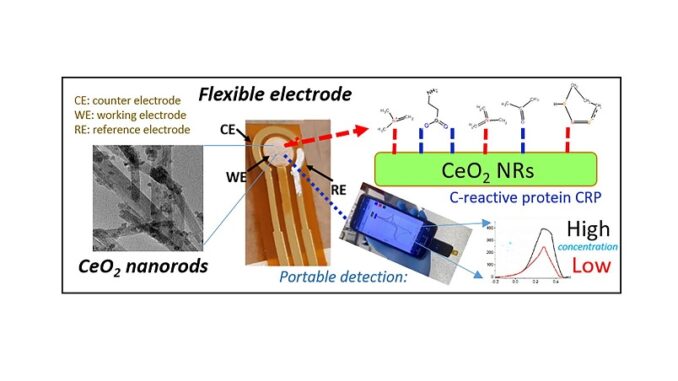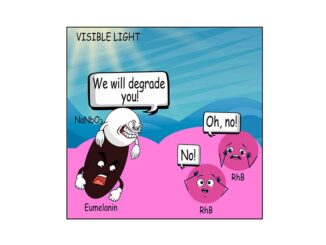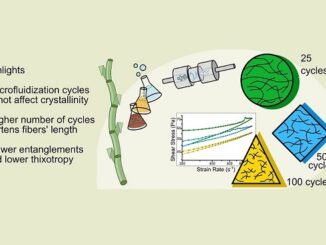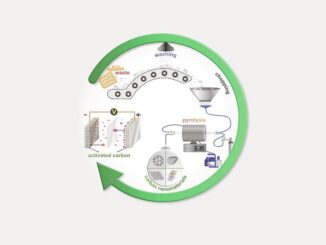
Applying CeO2 nanorods in flexible electrochemical immunosensor to detect C-reactive protein
Abstract: In this work, we report the development of a flexible electrochemical immunosensor based on CeO2 nanorods (NRs) immobilized with C-reactive protein (CRP) antibody, a biomarker of cardiovascular disease. CeO2 NRs were obtained by microwave-assisted hydrothermal method and characterized by XRD, TEM, and XPS. For the preparation of the working electrode, WE, of the immunosensor, the NRs were dispersed in organic solvent and then functionalized with cystamine and glutaraldehyde, and then modified with CRP antibody. The deposition condition was evaluated for electrode functionalization and immobilization. Functionalization and immobilization were verified by spectroscopic techniques and proved effective repeatability and reproducibility. The developed immunosensor had acceptable reproducibility (coefficient of variation = 4.5 %), allowed detection in the range of 0.3 to 7.0 mg L−1 of CRP with a detection limit of 0.18 mg L−1, and applications that are immediately detectable, easy-to-handle, low-cost and ideal for point-of-care.
Author(s): Rafael Aparecido Ciola Amoresi, Noemí Angélica Vieira Roza, Talita Mazon
Journal of Electroanalytical Chemistry
Published: 15 April 2023, Volume 935, 117353
DOI: https://doi.org/10.1016/j.jelechem.2023.117353
CDMF
The CDMF, hosted at the Federal University of São Carlos (UFSCar), is one of the Research, Innovation and Dissemination Centers (RIDC) supported by the São Paulo State Research Support Foundation (Fapesp), and also receives investment from the National Council Scientific and Technological Development (CNPq), from the National Institute of Science and Technology of Materials in Nanotechnology (INCTMN).




